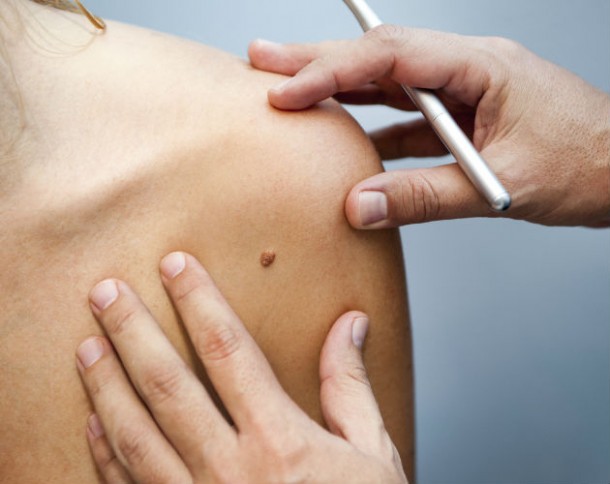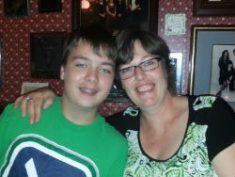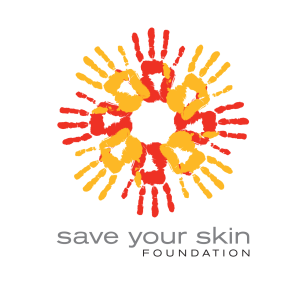I still can’t believe how often I hear “it’s just skin cancer”. Although awareness of skin cancer has increased over the last five years, skin cancer and melanoma rates in Canada continue to rise. I continue to read posts on social media that say things like “in the sun too long today #skincancerhereicome”. In fact we just launched a campaign around this, which you can watch here: https://youtu.be/eZiBnB-B8-g
As a stage 4 melanoma survivor, I find these posts shocking and sad. Skin cancer is a serious disease and is the most common type of cancer. It is also one of the most preventable. Over 80,000 cases of skin cancer are diagnosed in Canada each year, more than 5,000 of which are melanomas, the deadliest form of skin cancer. In 2016 it is estimated that 1,050 people will die from melanoma.
As an outdoor athlete (I was a professional baseball player for many years), I was outside all the time – and I wasn’t aware of the risks of harmful UV rays. And I learnt my lesson the hard way. In 2003 I was diagnosed with melanoma and in 2005 I was given only six months to live. Fortunately, I gained access to a new treatment through a clinical trial that would end up saving my life. So this is my call out to other outdoor athletes, outdoor workers, outdoor enthusiasts – anyone enjoying the outdoors. Have fun in the sun – but make sure you’re the sun safely.
Prevention plays an essential role. Skin cancer is caused by overexposure of the skin to UV radiation. The most common sources of UV radiation on the skin are the sun and artificial tanning beds. Though skin cancer is preventable and often treatable if caught early, it remains the most common form of cancer in Canada. Save Your Skin Foundation will be posting daily sun safety tips throughout the month on its social media pages.
Early detection increases survival. Moles, spots and certain growths on the skin are usually harmless, but not always. That is why it is important to examine the skin all over your body once a month, and have a physician check your skin once a year.
Look for the following “ABCDE” warning signs:
Asymmetry: Do the two halves not match if you imagine drawing a line through the mole?
Borders: Are the edges uneven, scalloped or notched?
Colours: Is there a variety of shades (brown, red, white, blue or black)?
Diameter greater than 6mm: Is the mole the size of a pencil eraser or larger?
Evolution: Has there been a change in size, shape, colour, or height? Has a new symptom developed (such as bleeding, itching or crusting)?
If you detect any of these warning signs, see a physician promptly. It is particularly important for you to select a physician who specializes in skin cancer and is trained to recognize a melanoma at its earliest stage.
Lets start a new conversation around sun safety and prevention. It’s not just skin cancer. #NotJustSkinCancer
– Kathy Barnard, Stage IV Melanoma Survivor











